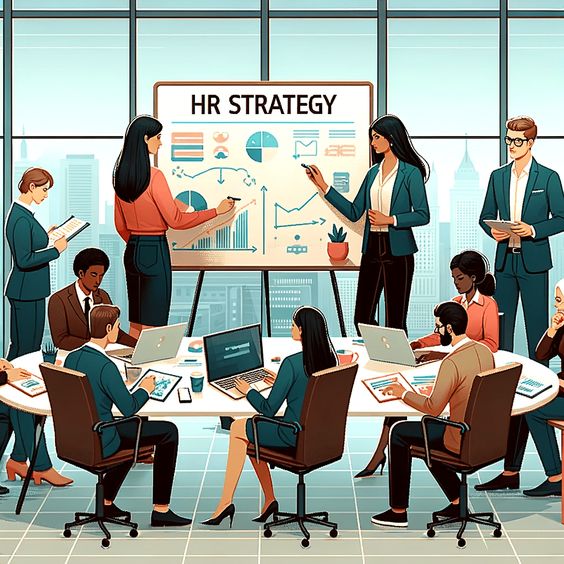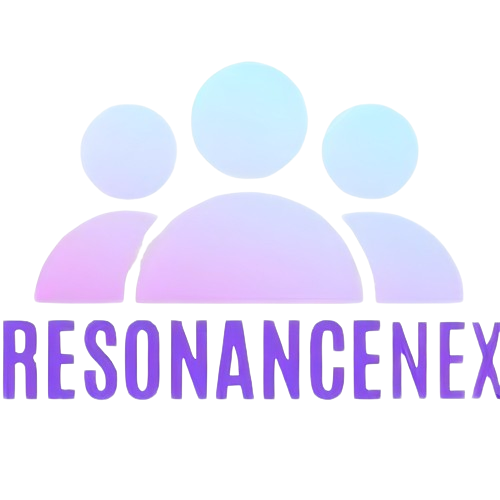Are Staffing Agencies Becoming Obsolete? A Deep Dive into the Future of Talent Acquisition

The landscape of talent acquisition is undergoing a significant transformation. With advancements in technology and shifts in workplace culture, traditional methods of hiring are being re-evaluated. One question that frequently arises is: are staffing agencies becoming obsolete? This blog post aims to explore the evolving role of staffing agencies, their current relevance, and what the future might hold for them in the ever-changing job market.
The Traditional Role of Staffing Agencies

Historical Context
Staffing agencies have long been a cornerstone in the recruitment industry. Originating in the mid-20th century, these agencies bridged the gap between employers seeking temporary or permanent workers and job seekers in need of employment. They provided valuable services, including candidate screening, skills assessments, and placement, which saved companies time and resources.
Functions and Services
Staffing agencies typically offer a range of services designed to streamline the hiring process. These include temporary staffing, permanent placement, contract staffing, and temp-to-perm opportunities. They handle the entire recruitment process, from sourcing and interviewing candidates to conducting background checks and onboarding new hires. This comprehensive approach has historically provided significant benefits to both employers and job seekers.
Benefits to Employers and Job Seekers
For employers, staffing agencies offer access to a vast network of candidates, reducing the time and effort required to fill positions. They also bring expertise in matching candidates with the right roles, ensuring a better fit and higher retention rates. For job seekers, these agencies provide valuable opportunities to gain employment quickly, access a variety of job openings, and receive support throughout the job search process.
Current Trends in Talent Acquisition
Technological Advancements
The rapid advancement of technology has had a profound impact on talent acquisition. Artificial intelligence (AI) and machine learning are now integral to modern hiring practices. These technologies enable automated resume screening, predictive analytics for candidate fit, and enhanced candidate engagement through chatbots and other digital tools. As a result, the traditional role of staffing agencies is being challenged by more efficient, technology-driven solutions.
Rise of Online Job Platforms
Platforms like LinkedIn, Indeed, and Glassdoor and our platform ResonanceNex, have revolutionized how job seekers and employers connect. These platforms offer powerful search functionalities, some have employer reviews, and networking opportunities, making it easier than ever to find and apply for jobs. Additionally, they provide advanced filtering options and AI-driven recommendations that streamline the job matching process. This shift towards online job platforms has diminished the reliance on traditional staffing agencies.
Shift Towards In-House Recruiting
Many companies are now investing in robust in-house recruiting teams. These teams leverage internal databases, employee referrals, and social media to find candidates. In-house recruiters often have a deeper understanding of the company’s culture and specific needs, leading to more effective hiring decisions. This trend towards internal recruitment reduces the need for external staffing agencies and allows companies to build stronger, more cohesive teams.
Advantages and Disadvantages of Staffing Agencies Today
Advantages
Despite the rise of technology and in-house recruiting, staffing agencies still offer several advantages. They provide flexibility, allowing companies to scale their workforce up or down based on demand. They also possess specialized knowledge of various industries, which can be invaluable when hiring for niche roles. Furthermore, staffing agencies have extensive networks of candidates, giving them a broader reach than many individual companies can achieve on their own.
Disadvantages
However, there are also notable disadvantages to using staffing agencies. The cost can be significant, with agencies typically charging a percentage of the employee’s salary as a fee. This expense can add up, especially for small businesses. Additionally, reliance on staffing agencies can lead to a lack of internal hiring expertise and a potential disconnect between the agency’s candidates and the company’s culture. Lastly, some businesses find that the quality of hires from staffing agencies does not always meet their expectations, leading to higher turnover rates.
The recruitment landscape has been transformed by technology. Online job platforms, AI, and machine learning have automated many aspects of the hiring process that staffing agencies used to handle manually. These technologies offer more efficient and cost-effective solutions for candidate sourcing, screening, and engagement. As a result, companies are relying less on traditional staffing agencies and more on technology-driven recruitment solutions.

Case Studies
To provide a balanced view, it’s essential to look at real-life examples. Several companies continue to benefit from staffing agencies, particularly in specialized fields such as IT, healthcare, and finance. For instance, a tech startup might partner with a staffing agency to quickly fill highly technical roles that require specific expertise. Conversely, other businesses have transitioned away from staffing agencies, citing the high costs and preference for building an internal talent pipeline.
